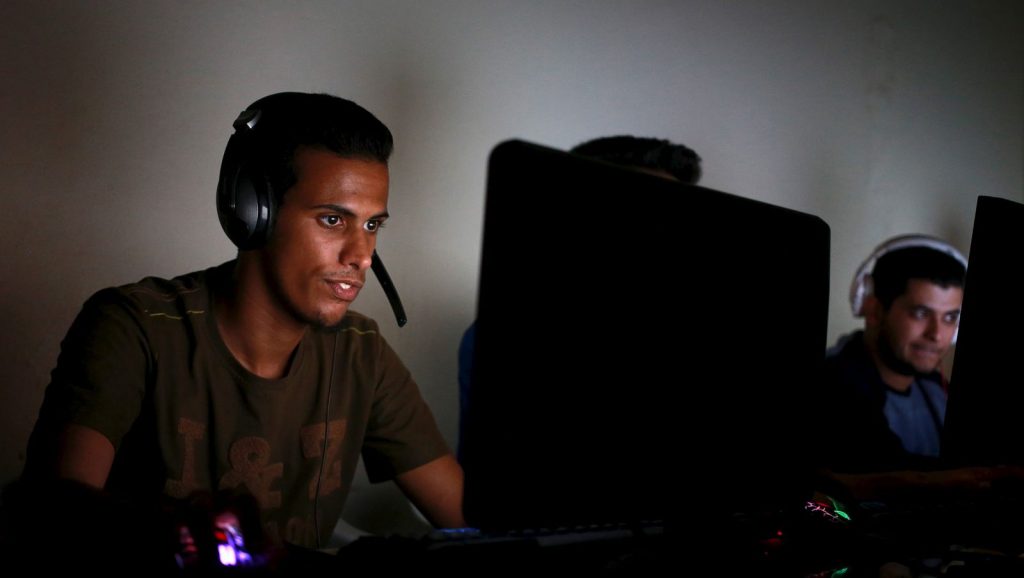African citizens and businesses would rather take their chances with the consequences of cybercrime than share personal information with their governments. That’s why African countries could be a major victim of cyber crime in coming years, warn analysts and government officials speaking at the World Economic Forum on Africa in Kigali last week.
The lack of trust some Africans have for their governments runs deep, particularly in countries where the leadership has been repressive or autocratic and stems from fears officials may be spying on citizens.
“There is a huge lack of information sharing due to absence of trust between the private and public sector which is affecting the fight against cyber crimes” said Jean-Luc Vez, the head of public security policy and security affairs at the World Economic Forum.
He said the reason for the mistrust is that “some countries go on scrutinizing and spying on their citizens which makes it hard for the private sector to share information,” adding that it difficult for people to draw a distinction between the needs of national security and combating cyber crimes.
To go about this challenge Interpol, in collaboration with governments, had to come up with recommendations and guidelines, some of which directly looked at ways to enhance information sharing globally.
Cybercrime costs the global economy about $445 billion a year, with South Africa facing the brunt of the problem on the continent. About 70% of South Africans fell victims to some form of cybercrime in 2014, compared to the 50% global average, costing the country’s companies more than $500m, according to McAfee, a security company.
“To deal with cyber crime, we had to start with dealing with problems that existed way before the internet, like corruption, bribery, pornography among others, then we went to cyber crimes” said Vez
Ivory Coast is another country which has greatly been affected by cyber crime. “The image of Ivory coast has heavily suffered at the hands of cyber criminals” said Bruno Nabagné Koné, the country’s information technology and communications minister.
“Trust has been very minimal in Africa, it is a big challenge if we are to address cyber crime,” he added.
Beyond just Africa, there’s also a lack of trust between telecoms companies, consumers and app makers of communications tools such as WhatsApp and Facebook. Last month WhatsApp started encrypting all messages so its engineers wouldn’t be able to read those messages even if ordered to do so by a court.
“We are trying to get support from telecom companies and other partners in a multi-stakeholder approach; the internet is much more unsafe than everyone thinks” said Noboru Nakatani, Interpol’s executive director of innovation.
He said collaboration with public, private sectors and academia is at the heart of interpol’s efforts to combat cyber crime. To stamp out cyber crime Africa “will need to have good laws in place, taking into account the speed and evolution of cyber crime” he noted.ww

